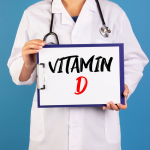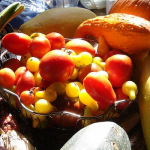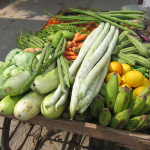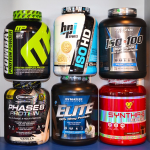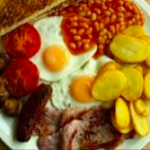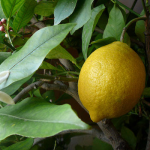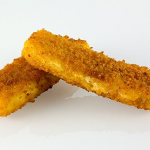Given that PBS, in its recent documentary, “The Man Who Tried to Feed the World,” found it necessary to disparage Nobel Laureate Dr. Norman Borlaug, we believe it is important for our readers, and the world, to know what a thoughtful and truly benevolent man he actually was. Here is an article about Dr. Borlaug, a co-founder of the American Council on Science and Health, that we published on July 18, 2007 after first appearing in the Washington Times earlier that day.
Food & Nutrition
Given that PBS, in its recent documentary, “The Man Who Tried to Feed the World,” found it necessary to disparage Nobel Laureate Dr. Norman Borlaug, we believe it is important for our readers, and the world, to know what a thoughtful and truly benevolent man he actually was. Here is an article about Dr. Borlaug, a co-founder of the American Council on Science and Health, that we published on March 22, 2004.
For the most part, supplements are a waste of money at best and harmful at worst. But could vitamin D be a notable exception – now more than ever? Let's take a look.
Since Covid-19 infection carries with it a crushing immunocompromise, it is important to recognize that the most common global reason of immunodeficiency is malnutrition and that the leading causation of world morbidity/mortality is chronic malnutrition.
Are the small levels of pesticides, herbicides and genetic modifications in our food -- whether human-made or natural -- harmful? Let's put the virus aside for a moment and see what we find.
Scammers like to scare the elderly using coronavirus and Social Security fraud. Now, the AARP likes to scare old people over the food they eat.
As non-essential businesses were lock-down over the last few weeks, the regulatory line between essential and non-essential got fuzzy. Some essential services are no-brainers, pharmacies, grocery and food markets, logistical systems, and of course, healthcare facilities. Other businesses were not so lucky, involving crowds that could not be effectively physically distanced – movie theaters and gyms come to mind. And then, of course, there are those grey area businesses.
Consuming a huge meal to start the day, in order to lose weight, is an old adage. Does this belief stand up to science? Angela Dowden, our expert nutritionist, takes a closer look.
Your dog doesn't need to drink orange juice. There are evolutionary and biochemical reasons why humans need to consume vitamin C but dogs -- and many other animals -- do not.
The internet is brimming with nutritional nonsense. A new book teaches us how to spot the myths.
A new, nutty fad is called "activating nuts," which is described as a laborious process that falls just short of making them germinate. Those involved in this have got to be kidding. What's the motivation behind all this? Angela Dowden explains.
Fish sticks, for many a dinnertime staple, cast an environmental shadow. Fisheries contribute 4% of agriculture's 10-to-32% contribution to Green House Gases. And given those ranges, it should be no surprise that the “environmental performance” varies between the fisheries under discussion. How bad is a fish stick? It depends on what you count, and over what time horizon.


